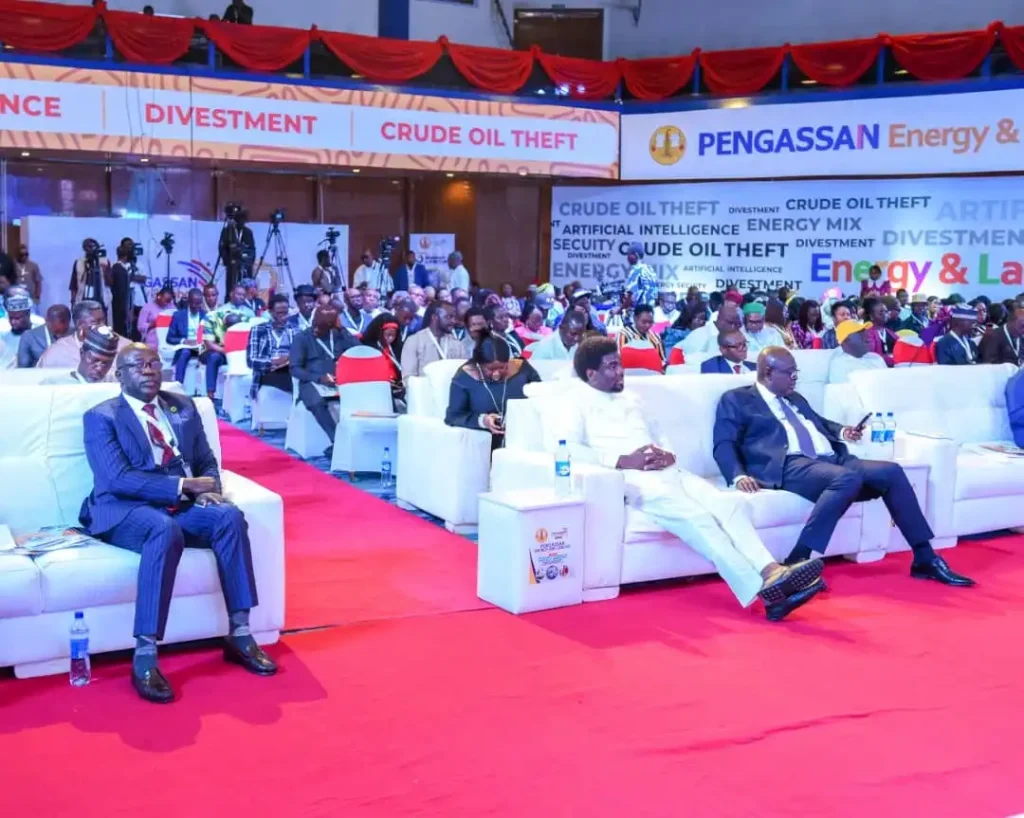Nigeria is exploring a bold change in its oil industry. A draft amendment to existing legislation would shift oversight of commercial oil contracts from the state-owned Nigerian National Petroleum Company (NNPC) to the Nigeria Upstream Petroleum Regulatory Commission (NUPRC).
This move was announced on September 19, 2025, and could redefine how Africa’s top oil producer manages its petroleum resources.
Why This Shift Matters
The proposal positions NUPRC as both regulator and contract manager, merging roles that could lead to conflicts of interest.
This dual responsibility might streamline processes but risks undermining impartial oversight, a critical issue for Nigeria’s economy, which heavily depends on oil revenue.
The change aims to address inefficiencies but raises questions about fairness in the sector.
Impact on Corporate Governance
The amendment would strip NNPC’s board of key powers, such as approving budgets and setting strategies. Currently, NNPC handles Nigeria’s interests in various oil deals.
Transferring this authority to NUPRC could weaken NNPC’s autonomy, sparking concerns about transparency and accountability in decision-making.
Roots in the 2021 PIA
The 2021 Petroleum Industry Act (PIA) granted NNPC its role in commercial contracts. However, the proposed changes target flaws in the PIA that allow significant federal revenues to slip away.
A letter from Nigeria’s attorney general to the gas minister noted that the current setup enables funds to bypass the national treasury, hurting public finances.
Addressing Revenue Gaps
Lateef Fagbemi, Nigeria’s attorney general and justice minister, stated, “The drop in oil revenue is largely due to unclear deductions and legal loopholes in the PIA structure.”
These gaps have reduced the funds flowing to the government, prompting the push for reform to secure Nigeria’s fiscal stability.
Looking Ahead
If enacted, this amendment could reshape Nigeria’s oil governance, enhancing regulatory control but risking oversight conflicts.
Investors and policymakers will closely monitor its impact on transparency and efficiency. As Nigeria navigates these changes, balancing revenue recovery with fair management remains a key challenge.
READ ALSO:
US Shipbuilders Seek Supreme Court Review of No-Poach Lawsuit




















